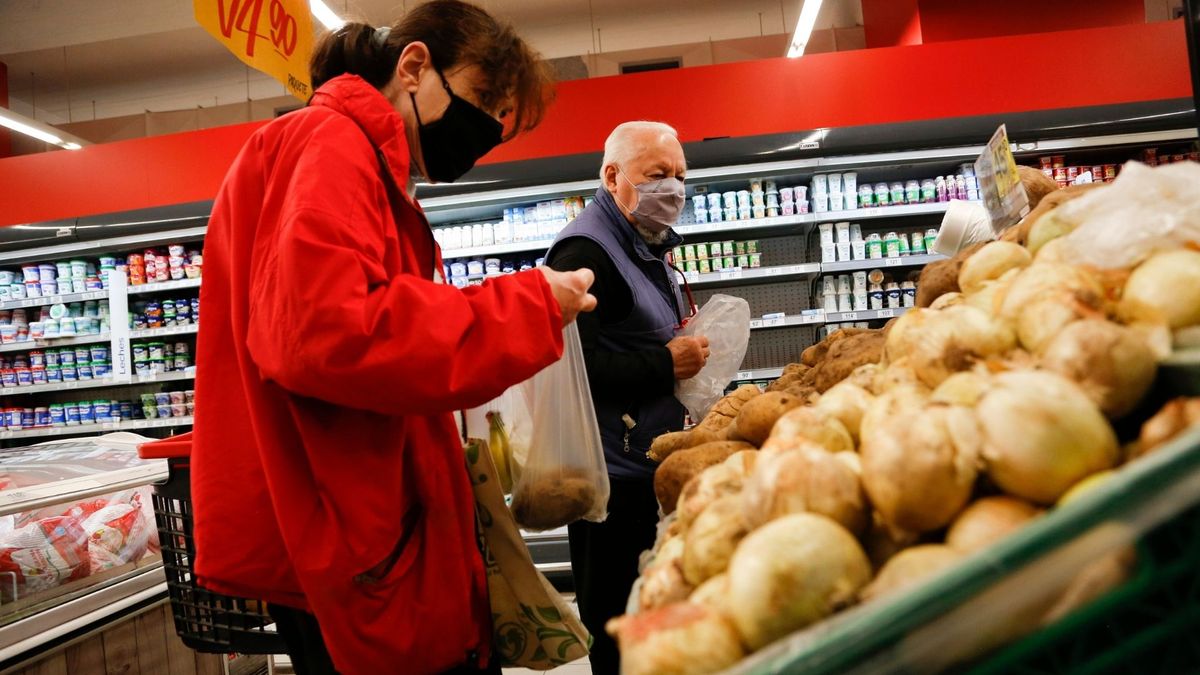“The fiscal goals set out in the agreement with the IMF are achievable with some fine tuning on the spending side. From the revenue side, a combination of economic growth, inflation of around 50% and a slight increase in tax pressure is required. in the medium term,” Delphos Investment estimated. “Now it will be the Senate’s turn while the background political tug-of-wars continue,” said Gustavo Ber, an economist at Estudio Ber.
“Both the Argentine government and international organizations showed interest in stretching the terms in the hope of reaching a situation of better fortune,” said Roberto Drimer, of VatNet Research, although he pointed out that “political and economic limitations predict a continuous struggle in the mud of decadence if strategic changes are not addressed”. “The economy will enter a path of extreme financial fragility“, affirmed the economist Miguel Broda.
“There are a lot of questions (that remove) the possibility that the agreement will collapse the country risk, when you have a program that is credible and that would have given you relief for the financing of the economy,” said Daniel Artana, economist at the Latin American Economic Research Foundation (FIEL).
“What you are going to have is some reduction, but very modest because the main problem is the distrust generated by this government’s economic policy,” he added in radio statements. “The outflow of capital from the funds of emerging countries impacted on the Argentine debt, and annulled the positive effect of the agreement with the IMF staff, at least for now”estimated the StoneX brokerage.
“The government with these values of commodities and this disastrous double exchange rate where one sells its production at one dollar for 100 pesos and then has to turn around and replenish the inputs to face the next planting with a dollar of 200, is doing a brilliant business,” said Nicolás Pino, president of the Rural Society.
“This in some productions is worse than a retention. This situation of continuing like this is going to force the producer to stingy in the investment forward because all the supplies that the field needs to re-sow and have a successful harvest in the future have had inflation in dollars,” he added.
“Have no doubt that a mobile retention application would be a declaration of war against the countryside and the countryside would have to defend itself with tougher measures“, Jorge Chemes, president of the Argentine Rural Confederations, said in radio statements.
“I don’t want to call for conflict, I do believe that everything has a limit and mobile withholdings are one of the most negative measures that this negative situation could generate for the field,” he added. The Center for Studies of the New Economy (CENE) of the University of Belgrano predicted that the Consumer Price Index for February, which will be released by INDEC on Tuesday, will be 4.2%.
Source: Ambito
David William is a talented author who has made a name for himself in the world of writing. He is a professional author who writes on a wide range of topics, from general interest to opinion news. David is currently working as a writer at 24 hours worlds where he brings his unique perspective and in-depth research to his articles, making them both informative and engaging.




